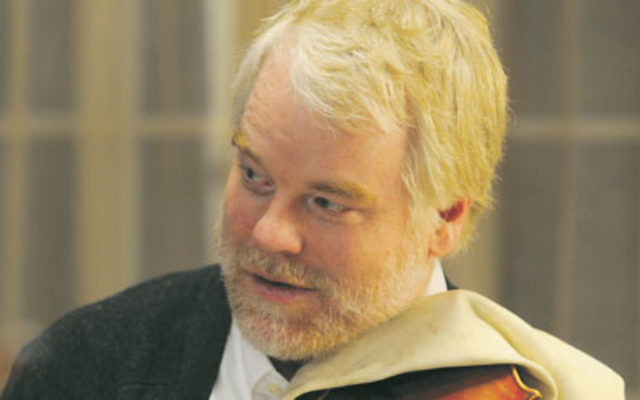Quartet hits a high note
FILM REVIEW by Don Perlgut. There is something truly delightful when a director has the courage to make a film like Performance, which is totally devoted to classical music.
There have been many biopics of famous composers including Mozart, Beethoven and Tchaikovsky, but writer/director Yaron Zilberman’s debut feature film is based on the personal histories of three real quartets.
Performance is set in modern-day New York, where the Fugue String Quartet is facing a major predicament after 25 years of worldwide success.
The group’s founder and spiritual leader, cellist Peter Mitchell (played by Christopher Walken, in an uncharacteristically non-malevolent role) has been diagnosed with Parkinson’s disease, confirming the virtual end of his career. Will the group replace him or go their separate ways?
Long-simmering tensions and resentments arise between the other three members – cellist Juliette Gelbart (Catherine Keener), her husband and second violinist Robert (Philip Seymour Hoffman) and first violinist Daniel Lerner (Mark Ivanir).
When Robert states that he would like to share the first violin role with Daniel, he precipitates a crisis that will eventually encompass all members, as well as the Gelbarts’ daughter.
Performance is an intimate, character-driven drama which evinces much respect and reverence for classical music and musical instruments.
The actors are very convincing in their playing, and each reportedly had two musical coaches. (Actual music for the film is provided by the Brentano String Quartet and that quartet’s cellist, Nina Lee, has a cameo role near the end, playing herself.)
There is real star power on screen, with Walken and Hoffman turning in emotionally nuanced roles. The real find, however, is Russian-born former Israeli actor Mark Ivanir.
While Ivanir is the least known, in some ways he is the most convincing and I could actually believe that he was a musician.
The film is framed around the quartet’s plans to play Beethoven’s String Quartet Number 14 in C-sharp minor, also known as Opus 131, which consists of seven movements played without a break (instead of the usual four), and is challenging even for the most experienced musicians.
Set against a musical background, Performance explores some of life’s bigger themes: ageing, infirmity, mentoring, missed chances and the sacrifices that we may make for our art.
The word “Jew” is never spoken, but it is a thoroughly Jewish film. Every major character except Mitchell is Jewish, as are the film’s director, writers and producers.
Director Zilberman grew up in Israel, but when his parents moved to New York for business, he joined them to study physics at MIT. After graduating with a master’s degree, a friend asked him to work on the documentary Waterworks, about Austrian Jewish swimmers during the Nazi period, and this marked a career change for him.
In Performance, Zilberman uses New York City almost as a character in its own right (hints of Woody Allen’s Manhattan), with wintry scenes set in Manhattan and iconic locations such as the Metropolitan Museum of Art.
In this special effects-driven digital age, Performance may very well get lost in the noise, but that would be a shame for this well-crafted film.
Performance is currently screening in cinemas.
PHOTO of Philip Seymour Hoffman as violinist Robert Gelbart in Performance.


comments